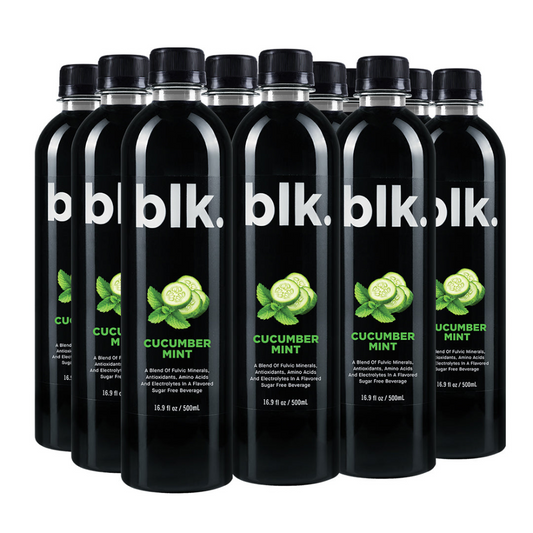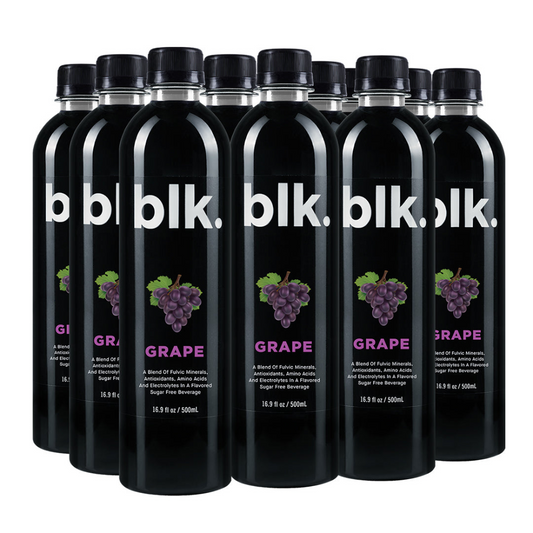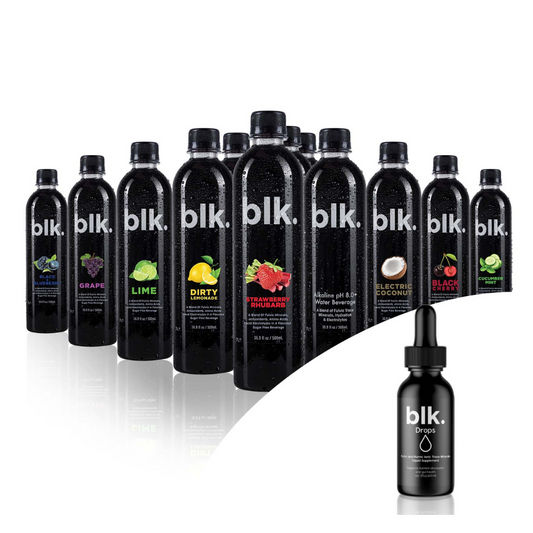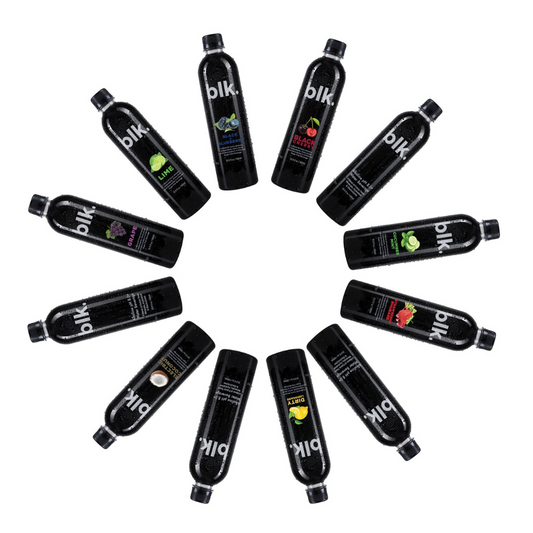
Whey Protein Hydrolysate for Vegans and Vegetarians
Veganism and vegetarianism are some of the most common forms of dietary restrictions. Though both are premised on plant-based foods consumption, veganism is stricter. This is because vegans do not consume animal or animal-derived foods, while vegetarians such as pescetarians and lacto-vegetarians can include milk and milk products. Whey protein hydrolysate, an animal-derived product, can work for vegetarians but not vegans.
Finding a vegetarian protein source in a meat-loving country can be challenging. Fortunately, we have stocked many vegan protein supplements for those who follow a plant-based diet. Also, we here explore the benefits of Whey Protein Hydrolysate for vegans and vegetarians, as well as nutritional value, how to use it, potential side effects, and how to choose the best whey protein hydrolysate to fit in your vegetarian diet.
Source of Protein Hydrolysates for Vegetarians and Vegans
Enzymatic hydrolysis of whole protein sources such as whey, beef, casein, soy, and many others under controlled conditions gives rise to protein hydrolysates. One of the most common types of hydrolysates, whey protein hydrolysates, can be a good protein source for vegetarians because they are less strict with their diet options than vegans. Vegans can use plant-based alternatives such as pea, soy, brown rice, and hemp protein. It's important to note that out of the common plant-based options, soy and hemp contain all the essential amino acids required by the body and are, therefore, highly recommended for the two groups These plant-based sources also come in handy for those with milk allergies.
What is Whey Protein Hydrolysate?
Whey protein hydrolysate is one of the three forms of whey protein. It is a milk-derived protein obtained when whey concentrate is exposed to enzymes, heat, and acids in a process known as hydrolysis, breaking down the bonds holding the amino acids together. It is popularly known as 'pre-digested' whey given its fast absorption rate. Additionally, it differs from whey protein isolates and concentrates as it comes devoid of any lactose fragments, making it the best choice for the lactose-intolerant.
Nutritional Value of Whey Protein Hydrolysate for Vegetarians and Vegans
Amino Acids Profile
Since whey protein is animal-derived, whey protein hydrolysate qualifies as a complete protein source. Complete proteins have all the amino acids the body can't produce, popularly known as essential amino acids. This complete nature of animal-derived protein sources explains why whey protein is generally preferred over plant-based protein sources such as peas since save for soy and hemp, most plant-based protein sources lack certain essential amino acids.
All in all, whey protein hydrolysate furnishes vegetarians with the following essential amino acids: histidine, threonine, tryptophan, valine, cysteine, isoleucine, lysine, tyrosine, and leucine.
Branched-Chain Amino Acids
Branched-chain amino acids are unique, essential amino acids responsible for muscle mass building and maintenance. The U.S Dairy Council ranks whey protein first when it comes to dietary protein sources with the highest number of BCAAs. Whey protein hydrolysate is, therefore, a rich source of isoleucine, valine, and leucine, the three branched-chain amino acids.
Leucine, for example, promotes muscle protein synthesis required for faster muscle recovery after grueling workout sessions when taken in high doses, which makes whey protein hydrolysate a good option for vegetarians who work out regularly.
How to Use Whey Protein Hydrolysate for Vegetarians
Whey protein hydrolysate can be used as both a workout and dietary supplement. It contains essential amino acids the body can't synthesize, including BCAAs. Mix it with water or a low-calorie base liquid such as coconut water, or blend it into smoothies and shakes. You can also include whey protein hydrolysate in your meals as long as you have suitable recipes like cakes, cookies, pancakes and more. Check your product label for the right quantity.
Potential Side Effects of Whey Protein Hydrolysate
It's important to note that whey protein hydrolysate is a milk-derived product and may not be the best option for people with milk allergies. Vegetarians allergic to milk should consider using plant-based protein sources found in abundance here. As for the lactose intolerant, hydrolysis, the process responsible for the formation of a whey protein hydrolysate, rids whey hydrolysate of all its lactose content, making it safe. However, looking out for any gastrointestinal issues related to whey protein hydrolysate is still important.
All in all, whey protein hydrolysate is a safe supplement for vegetarians who are not allergic to milk, provided that they observe the right dosage. Effects of consuming too much whey protein hydrolysate may include reduced appetite, tiredness, headache, increased bowel movement, and acne.
How to Choose the Right Whey Protein for Vegetarians
Vegetarians shopping for whey protein hydrolysate have to be careful. There are several products in the market, making it challenging to find the right ones. Some of the factors to consider include the protein content, which should be at least 20g per serving, type of ingredients (avoid fillers and sugars), allergies and sensitivities (go for gluten-free options if you are allergic to gluten and so on) and customer reviews(settle for a product with positive reviews). Also consider price, since you need an option that can fit your budget.
Conclusion
People with dietary restrictions and, in this case, some vegetarians can use whey protein hydrolysates. Vegans can't, however, benefit from it and are usually invited to use plant-based options such as pea or soy protein hydrolysates. Shop at the leading online store for health supplements in the US if you are a vegan or vegetarian looking for good protein hydrolysates for dietary or gym supplementation.Frequently Asked Questions
-
What is the Difference Between Whey Protein Hydrolysate and Regular Protein?
-
Can Children and Elderly Adults Consume Whey Protein?
-
Can Whey Protein Hydrolysate Be Used as a Post-workout Supplement?
-
Can Those With Lactose Intolerance Consume Whey Protein Hydrolysate?




